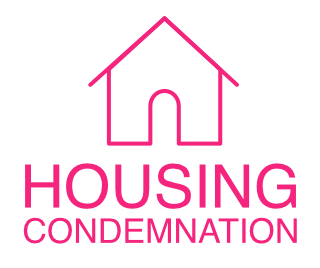
Supported Housing
What is Supported Housing?
Supported housing is a type of accommodation that includes additional support services to help individuals live independently and manage their daily lives.
This form of housing is aimed at a wide range of people, including those with physical or mental health issues, learning disabilities, substance abuse problems, or those who are elderly and need extra help.
Supported housing can take various forms, such as individual flats, shared houses, or dedicated supported housing schemes, where support is tailored to the needs of the residents.
- Accommodation Types: Supported housing includes a variety of living arrangements, from self-contained flats to shared houses and communal living environments.
- Support Services: These may include help with personal care, managing finances, accessing health services, maintaining tenancies, and developing independent living skills.
- Personalized Care Plans: Support is tailored to each individual’s needs, ensuring they receive the appropriate level of care and assistance.
- Funding and Regulation: Supported housing is typically funded through a combination of rent (often covered by housing benefits) and additional support funding. The regulatory framework ensures that the housing and support services meet specific standards for safety and quality.
Supported Housing Assistance :
Below is just some of the Key areas that Supported Housing should assist Vulnerable Residents with
Clicking on a header will reveal the key points
- Each resident receives a thorough assessment to identify their needs and strengths.
- A personalized support plan is developed, outlining specific goals and the steps needed to achieve them.
- The support plan is regularly reviewed and updated to reflect progress and address any new challenges.
- Facilitating access to medical and mental health services to ensure residents can maintain their health and well-being.
- Providing counseling and support for those dealing with substance abuse issues.
- Encouraging participation in community activities and helping residents build social networks to reduce isolation and foster a sense of belonging.
- Connecting residents with local resources and services that can provide ongoing support after they move on.
- Assistance with finding suitable independent accommodation, including help with applications for social housing or private rentals.
- Continued support after moving out, such as regular check-ins and access to support services to help with any challenges that arise.
